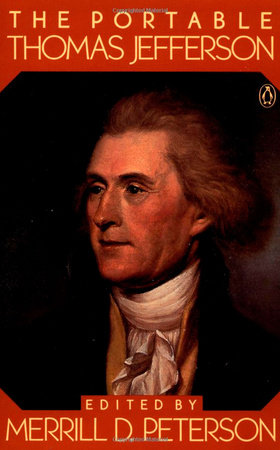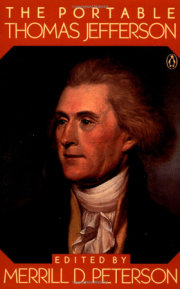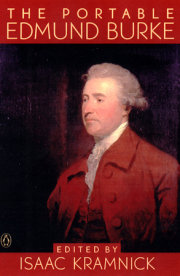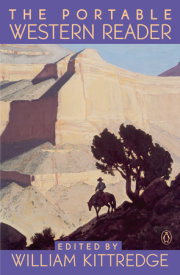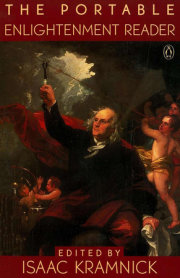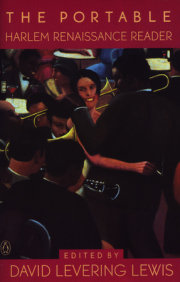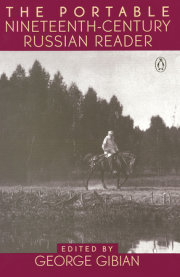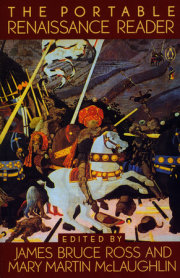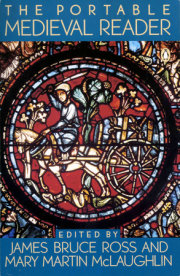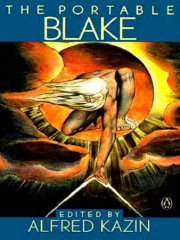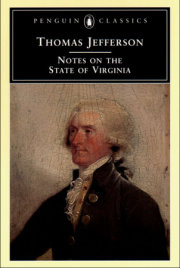Introduction
A Note on the Selections
I. A Summary View of the Rights of British America
II. Notes on the State of Virginia
III. Public Papers and Addresses
The Declaration of Independence, 1776
Draft Constitution for Virginia, 1776
A Bill for Establishing Religious Freedom, 1777
Report of a Plan of Government for the Western Territory, 1784
Response to the Citizens of Albemarle, 1790
Opinion on the Constitutionality of a National Bank, 1791
Opinion on the French Treaties, 1793
The Kentucky Resolutions, 1798
First Inaugural Address, 1801
To Elias Shipman and Others, A Committee of the Merchants of New Haven, 1801
First Annual Message to Congress, 1801
To Nehemiah Dodge and Others, A Committee of the Danbury Baptist Association, in the State of Connecticut, 1802
To Brother Handsome Lake, 1802
Instructions to Captain Lewis, 1803
Second Inaugural Address, 1805
Fifth Annual Message to Congress, 1805
Sixth Annual Message to Congress, 1806
To the Society of Tammany..., 1808
To the Inhabitants of Albemarle County, in Virginia, 1809
Report of the Commissioners for the University of Virginia, 1818
IV. Letters
To:
Robert Skipwith, August 3, 1771: A gentleman's library
John Randolph, August 25, 1775: Between reconciliation and independence
Edmund Pendleton, August 26, 1776: The Virginia constitution
Giovanni Fabbroni, June 8, 1778: Music, "the favorite passion of my soul"
David Rittenhouse, July 19, 1778: "a true Whig in science"
James Monroe, May 20, 1782: The limits of political duty
Martha Jefferson, November 28, 1783: Advice to a young daughter
George Washington, April 16, 1784: The Society of the Cincinnati
Richard Price, February 1, 1785: "Our motto... 'nil desperandum'"
James Monroe, June 17, 1785: Treaties and the blessings of America
The Virginia Delegates in Congress, July 12, 1785: A statue of Washington
Peter Carr, August 19, 1785: "An honest heart being the first blessing..."
John Jay, August 23, 1785: The risks and the benefits of foreign commerce
Chastellux, September 2, 1785: Climate and American character
James Madison, September 20, 1785: A Capitol for Virginia
Charles Bellini, September 30, 1785: The vaunted scene of Europe
John Banister, Jr., October 15, 1785: The vices of European education
James Madison, October 28, 1785: Property and natural right
George Wythe, August 13, 1786: Education and the public happiness
Maria Cosway, October 12, 1786: Dialogue between My Head and My Heart
St. John de Crèvecoeur, January 15, 1787: Homer, New Jersey farmers, and the wheel
Edward Carrington, January 16, 1787: "The people are the only censors..."
James Madison, January 30, 1787: "a little rebellion now and then"
Madame de Tessé, March 20, 1787: In love with the Maison quarrée
Lafayette, April 11, 1787: The joys and rewards of travel
Peter Carr, August 10, 1787: Reason, the only oracle
James Madison, December 20, 1787: A few words on the Constitution
Travel Notes for Messrs. Rutledge and Shippen, June 19, 1788: Objects of attention for an American
John Trumbull, February 15, 1789: Bacon, Locke, and Newton
Francis Hopkinson, March 13, 1789: "neither federalist nor antifederalist"
James Madison, March 15, 1789: A bill of rights
Rabaut de St. Etienne, June 3, 1789: A charter for France
Diodati, August 3, 1789: "the first chapter...of European liberty"
James Madison, September 6, 1789: "the earth belongs to the living"
Madame d'Enville, April 2, 1790: An affectionate adieu to France
Major Pierre Charles L'Enfant, April 10, 1791: The Potomac capital
Benjamin Banneker, August 30, 1791: Homage to a black man
The President of the United States (George Washington), September 9, 1792: The conflict with Hamilton
William Short, January 3, 1793: French blood and American liberty
James Madison, [March 24, 1793]: Peaceable coercion
James Madison, December 28, 1794: The President and the democratic societies
Phillip Mazzei, April 24, 1796: "an Anglican monarchical aristocratical party"
Elbridge Gerry, May 13, 1797: Working with Adams
John Taylor, June 1, 1798: Union and "the reign of witches"
Elbridge Gerry, January 26, 1799: "These...are my principles"
Edmund Randolph, August 18, 1799: Common law and the will of the nation
Doctor Joseph Priestley, March 21, 1801: Something new under the sun
Robert R. Livingston, April 18, 1802: The affair of Louisiana
Benjamin H. Latrobe, November 2, 1802: Dry-docking the navy
Doctor Benjamin Rush, April 21, 1803: The morals of Jesus
John Breckinridge, August 12, 1803: Plans for Louisiana
Jean Baptiste Say, February 1, 1804: Political economy and American exceptionalism
Governor William C.C. Claiborne, July 7, 1804: A city plan against disease
Doctor Edward Jenner, May 14, 1806: A tribute of gratitude
William Hamilton, July, 1806: Gardens for Monticello
John Norvell, June 14, 1807: History, Hume, and newspapers
George Hay, June 20, 1807: A subpoena against the President
Lacépède, July 14, 1808: Bones for the National Institute
Thomas Jefferson Randolph, November 24, 1808: Rules for a grandson
John Hollins, February 19, 1809: The republic of science
Henri Grégoire, February 25, 1809: The race of blacks
Doctor Benjamin S. Barton, September 21, 1809: Indian languages
Caesar A. Rodney, February 10, 1810: Reason and justice in a hurricane
Destutt de Tracy, January 25, 1811: The executive office
Isaac McPherson, August 13, 1813: No patents on ideas
John Adams, October 28, 1813: The natural aristocracy
Thomas Law, June 13, 1814: The moral sense
Edward Coles, August 25, 1814: Slavery and emancipation
Benjamin Austin, January 9, 1816: Domestic manufactures - a change of opinion
John Adams, January 11, 1816: Your prophecy and mine
Samuel Kercheval, July 12, 1816: Agenda of reform for Virginia
Judge Spencer Roane, September 6, 1819: The federal judiciary
William Short, October 31, 1819: Epicurus and Jesus
John Holmes, April 22, 1820: "a fire-bell in the night"
John Adams, August 15, 1820: The university, neology, and materialism
The President of the United States (James Monroe), October 24, 1823: An American system - the Monroe Doctrine
Major John Cartwright, June 5, 1824: Saxons, Americans, and a case of legal fraud
William Ludlow, September 6, 1824: The progress of society
Roger C. Weightman, June 24, 1826: "All eyes are opened...to the rights of man"
Further Reading on Jefferson

